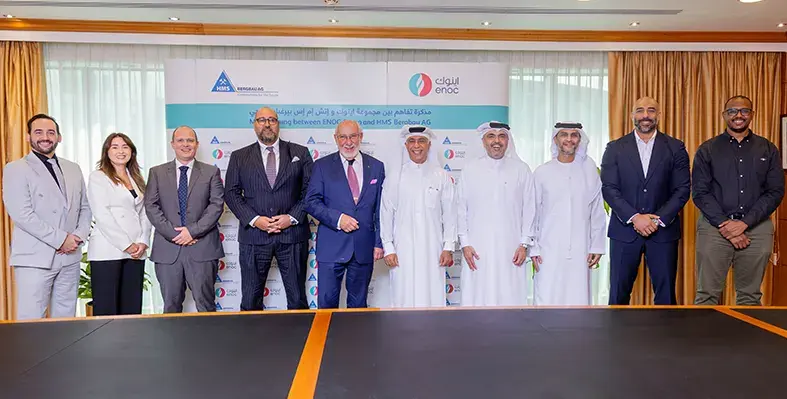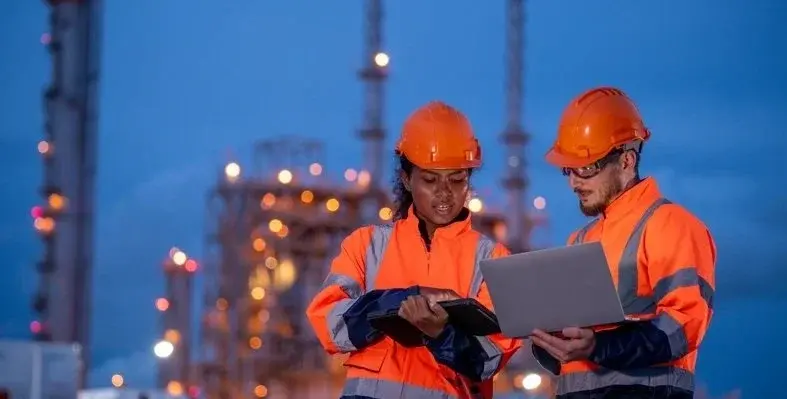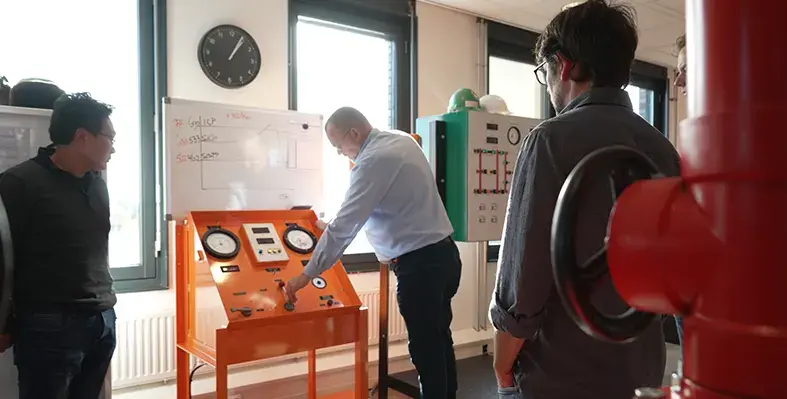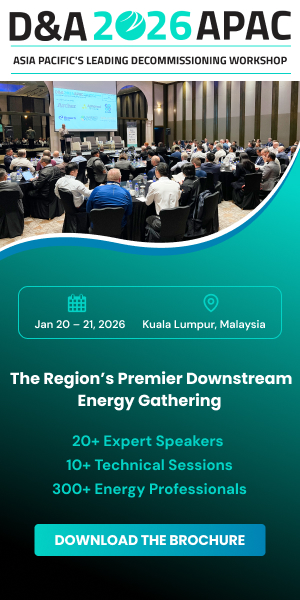
This collaboration marks a pivotal milestone in ENOC’s aggressive global expansion strategy.(Image credit: ENOC)
ENOC Group has taken a bold step in strengthening its global presence by forming a new strategic alliance with HMS Bergbau AG, a prominent Germany-based international commodity trading company.
Under a newly signed Memorandum of Understanding (MOU), HMS Bergbau AG will market and distribute ENOC’s advanced marine lubricants portfolio across two of Europe’s most strategically positioned maritime markets - Spain and Türkiye.
This collaboration marks a pivotal milestone in ENOC’s aggressive global expansion strategy, positioning the Group at the forefront of high-growth maritime corridors that play a crucial role in global trade, logistics, and energy transport. With shipping routes becoming increasingly competitive and sustainability-driven, the demand for high-performance marine lubricants continues to rise. ENOC’s decision to extend its footprint into these vital European hubs reflects its commitment to powering the future of international maritime operations.
Leveraging decades of expertise and a robust European supply network, HMS Bergbau AG will utilise its logistics strength, distribution channels, and storage capabilities to guarantee efficient, reliable delivery of ENOC’s marine lubrication solutions across both Spain and Türkiye. This integration promises to enhance operational excellence for vessel owners and operators navigating some of the world’s busiest and most economically significant marine routes.
Hussain Sultan Lootah, Acting CEO of ENOC Group, said, “ENOC Group remains committed to advancing the UAE’s global energy footprint by strengthening our presence in strategic maritime hubs around the world. This strategic partnership with HMS Bergbau AG extends our reach into new and dynamic markets and demonstrates ENOC’s agility and forward-looking approach as we continue to deliver world-class marine solutions that support global trade and enhance the reliability of vessel operations across key global hubs.”
Spain and Türkiye serve as critical gateways between continents, connecting Europe, Asia, and Africa through major maritime routes that drive economic growth and sustain global commerce. As shipping companies increasingly prioritise operational efficiency and long-term asset reliability, ENOC’s marine lubricants will play an essential role in enhancing vessel performance, improving engine longevity, and ensuring smooth operations across these influential maritime landscapes.
Dennis Schwindt, CEO of HMS Bergbau AG,highlighting the importance of the collaboration, added,“This partnership marks an important step in diversifying HMS Bergbau AG’s portfolio and expanding our presence in the marine lubricants segment. By integrating ENOC’s proven technical capabilities with our robust European network, we are well positioned to deliver comprehensive, dependable solutions to customers We value this collaboration with ENOC and look forward to further integration and cooperation in the future.”
The alliance supports ENOC Group’s long-term ambition to advance global trade and maritime sustainability, with plans to extend its marine lubricant supply coverage to more than 900 ports by the end of 2025–a clear testament to its dynamic international growth agenda.













